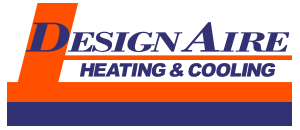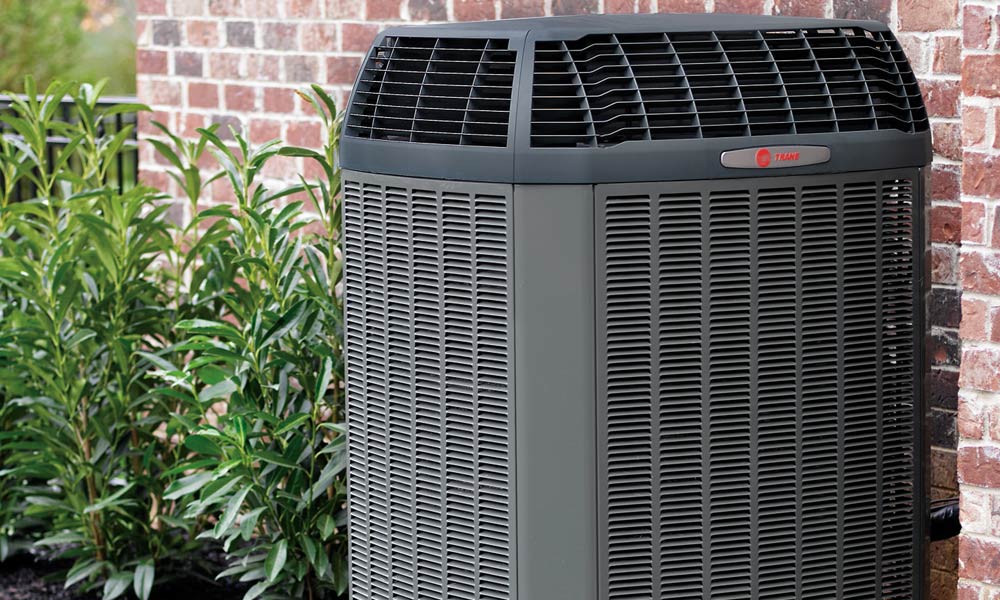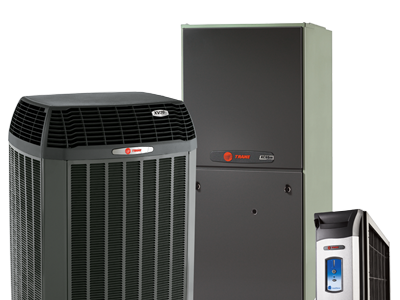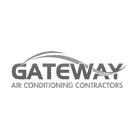What size air conditioning unit does my house need?
It is best to consult with a licensed and insured HVAC company Design Aire before you add or replace a cooling system. There are various things we take into consideration to prevent you from ending up with a unit that is not big enough to keep up with your cooling needs or a system that is so big that it constantly cycles on and off and wastes energy.
Factors we consider include:
- The layout and square footage of your house
- The number and type of windows
- The number of people living in the home
- Average climate
- Insulation
What is the average life of an air conditioner?
Many air conditioners can last 15 to 20 years if maintained properly. You may need a few repairs along the way but regular preventive AC maintenance can extend the life of your AC unit.
How often does my air conditioner need to be serviced?
Depending on your system, your AC system should be serviced a minimum of once a year, with periodic maintenance inspections. Based on the age, size, and usage of your system, we can tailor a service plan to meet your budget requirements and keep your AC system running reliably.
Why does my AC system seem to need more refrigerant each year?
An air conditioning system that needs recharging of refrigerant on a regular basis is leaking and needs repair. Leaking refrigerant causes your unit to lose cooling capacity and use more energy so it is best to have your unit repaired as soon as possible so you don’t have other AC problems.
When should I replace my existing AC unit?
Ideally, you should replace your unit before your current system fails and leaves you rushed to make a replacement decision. There are a few signs that indicate your AC needs replacing:
- Airflow is limited and does not blow cold air
- It’s making strange sounds
- Moisture buildup is present
- A bad smell is coming from the unit
- Energy bills have increased over time
In some cases, a simple repair may be all that’s needed, but if it’s no longer safe or practical to put more money into your existing AC, we can make recommendations for the most appropriate replacement. We are the #1 Trane Dealer in the Midwest and have held that distinction for over a decade so you can trust our insight into AC units.
What do the air conditioner ratings mean?
If you’re considering installing a new air conditioning unit, you may have noticed that there are various rating acronyms used:
- EER (Energy Efficiency Ratio) – is a measurement of the cooling output of an air conditioner divided by its energy usage, calculated under specific test conditions that represent peak load. A higher number means a more energy-efficient system.
- SEER (Seasonal Energy Efficiency Ratio) – measures the efficiency of cooling equipment, calculated based on a seasonal average instead of at specific laboratory conditions. A higher SEER rating means the unit is more energy efficient.
- HSPF (Heating Seasonal Performance Factor) – measures the efficiency of the system’s heat pump. A higher number means a more efficient unit.
When running my AC, should I set my thermostat switch to “auto” or “on”?
If you’re interested in keeping your cooling costs down, use the auto setting so the fan only runs when needed to maintain the set temperature. However, if you prefer a more consistent temperature, use the on setting for uninterrupted airflow. This option may also be beneficial if you have allergies or asthma because air will constantly be filtered as it flows through the system.
Professional St. Louis Air Conditioning Services
When you need AC repairs, maintenance, or replacement/installation services, Design Aire is here for you. For over 100 years, we have established a proven record of honesty, integrity, and excellence. Our fast and friendly technicians can help keep your home cool and your family comfortable throughout the warmer months with dependable AC services!
















